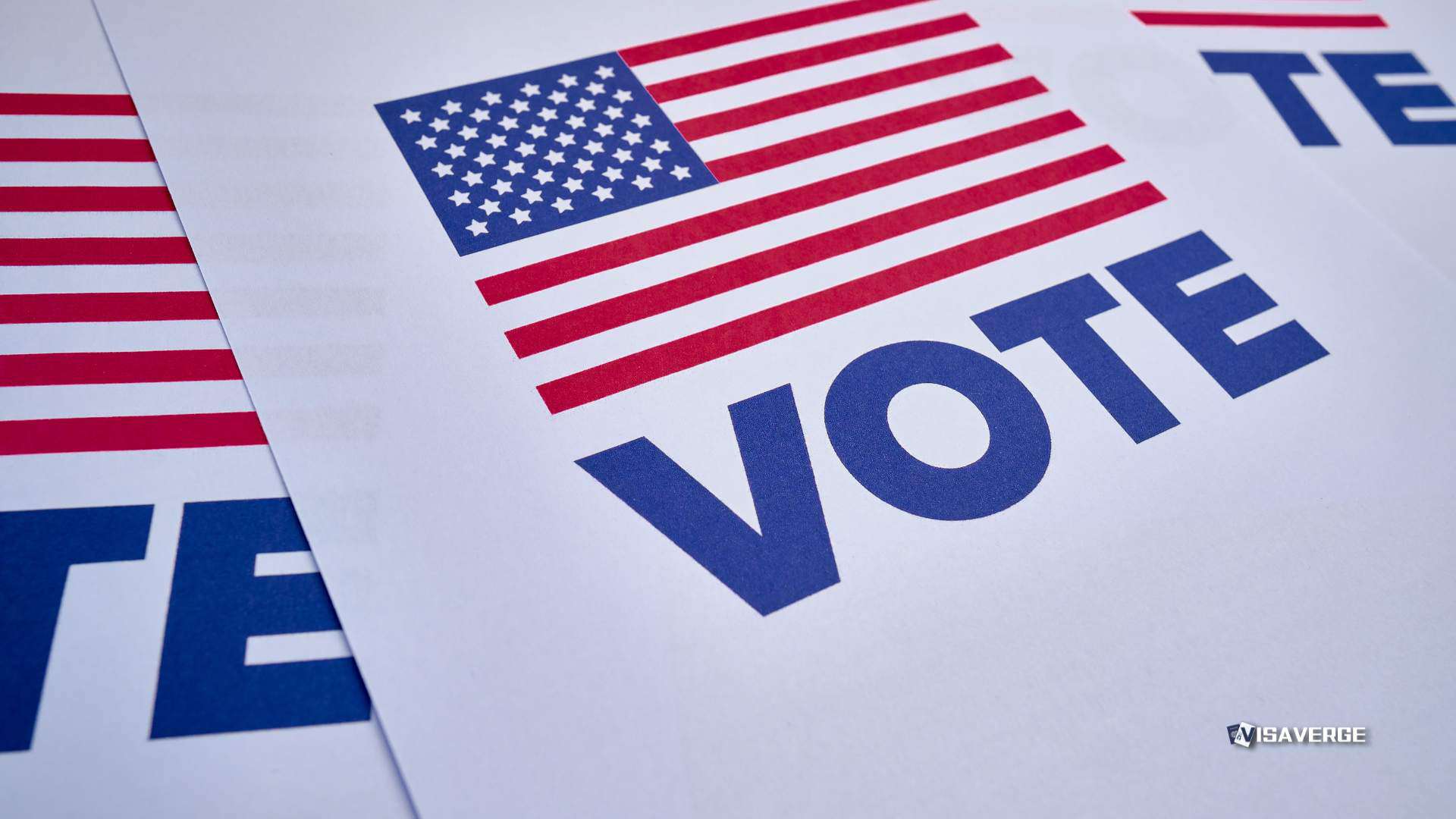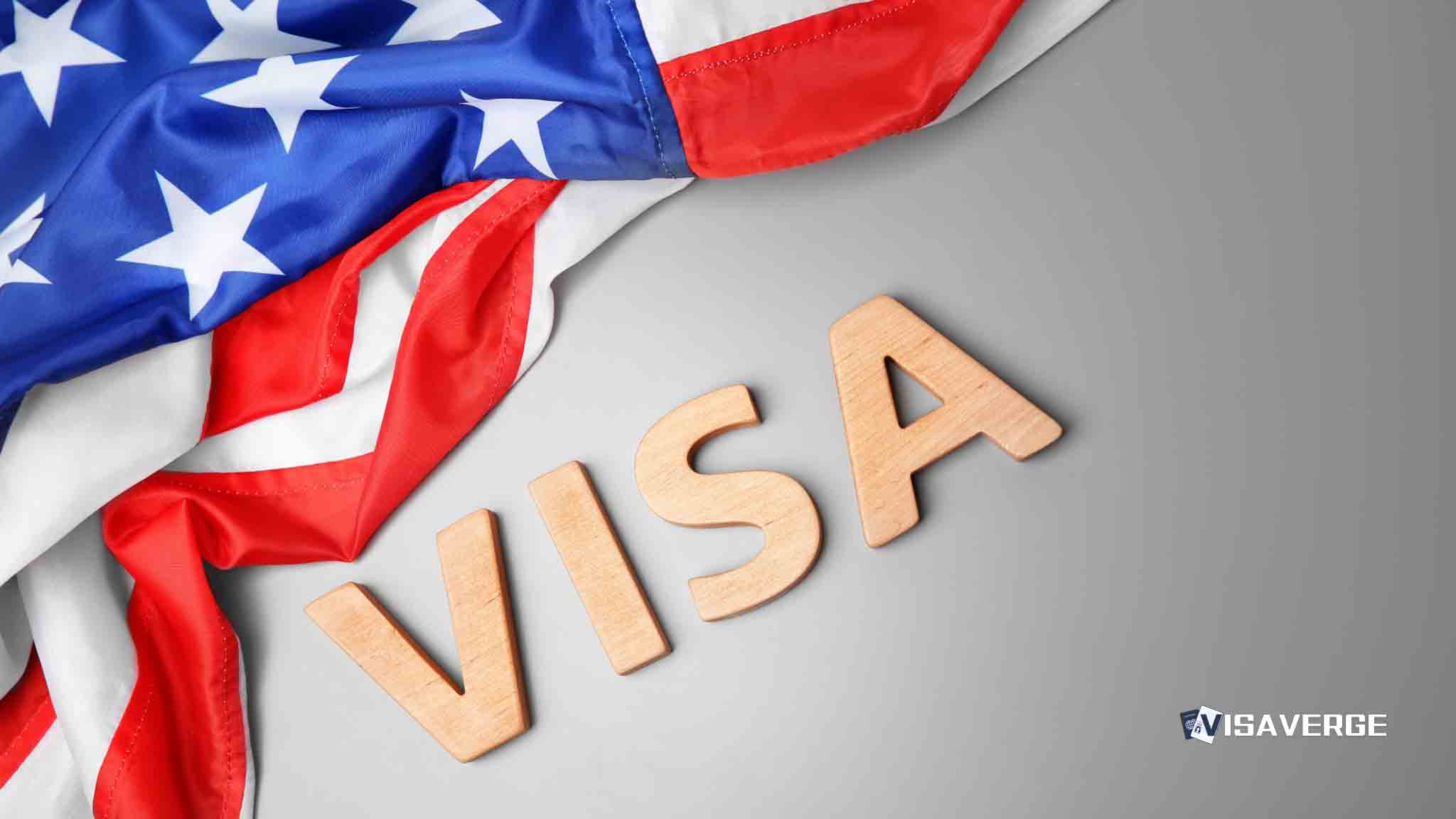Key Takeaways
• The SAVE Act mandates proof of U.S. citizenship for voter registration for federal elections.
• Acceptable documents include valid passports, REAL ID licenses, and certified birth certificates.
• The Senate will deliberate the SAVE Act; its future remains uncertain amid polarized political debates.
On April 10, 2025, the U.S. House of Representatives approved the Safeguard American Voter Eligibility Act, or SAVE Act. This legislation introduces stricter voter registration rules by requiring applicants to provide documented proof of U.S. citizenship. If enacted, the Act will reshape how voter registration is carried out for federal elections, sparking widespread national debate and raising concerns about its potential impacts on election security and voter access. The SAVE Act now moves to the Senate for further deliberation, where it is set to face both scrutiny and heated debate. Below, we examine the key parts of the legislation, its journey through Congress, and its possible effects.

Core Provisions of the SAVE Act
The SAVE Act imposes a significant change to the current voter registration process by mandating that individuals provide physical proof of U.S. citizenship before being allowed to register to vote. Under the Act, acceptable proof of citizenship includes the following forms:
- A valid U.S. passport.
- A REAL ID-compliant driver’s license that specifies citizenship status.
- A military ID accompanied by supporting records showing U.S. birthplace.
- A government-issued photo ID combined with a certified U.S. birth certificate.
This documentation must be provided not only for new voter registrations but also for any updates to existing registrations, such as when an individual moves to a new address or changes their name.
Advocates of the SAVE Act argue that these new measures are critical to preventing cases of voter fraud, particularly illegal voting by noncitizens—though documented cases of such fraud are extremely rare. Critics, on the other hand, believe that these rules introduce complex barriers, potentially shutting out eligible voters, especially those who may struggle to access or produce the necessary documents.
How the SAVE Act Was Introduced and Approved
The SAVE Act was introduced by Rep. Chip Roy, a Republican from Texas, as part of the GOP’s broader push for stricter election laws aimed at increasing the security of the electoral process. After intense deliberation, the bill passed the House of Representatives with a narrow margin of 220-208. The vote split largely along party lines, reflecting the deeply polarized views on election laws in the U.S.
Supporters, particularly Republican lawmakers, have passionately defended the legislation. Rep. Bryan Steil of Wisconsin remarked, “If we have a noncitizen who votes in an election, that cancels out the vote of a legal citizen.” According to proponents, the SAVE Act is a necessary step to protect U.S. citizens’ votes from being undermined by illegal ballots and to maintain public confidence in election outcomes.
However, leading Democrats have voiced strong opposition. Rep. Joe Morelle of New York described the bill as turning “every voter registration into a bureaucratic tsunami of government red tape.” Opponents argue that the technical requirements for documentation could prevent many eligible voters from registering, particularly those who lack immediate access to government records such as birth certificates or passports. For many, even obtaining these documents may involve financial costs, lengthy processes, or bureaucratic hurdles.
While the SAVE Act has cleared the House, its future in the Senate is uncertain. The support of a Republican majority in the Senate could help advance the legislation, but without 60 votes to overcome a filibuster, amendments or significant modifications may be necessary for it to proceed.
Changes to Voter Registration Procedures
If passed, the SAVE Act would overhaul voter registration systems nationwide. Today, many voters register using widely accessible methods, such as online registration, mail-in applications, and community voter registration events. Under the SAVE Act, these methods would no longer suffice unless accompanied by in-person verification of U.S. citizenship using the approved documents.
Election offices across the country would face increased workloads and logistical challenges as they adapt to the new rules. Local election officials would be required to collect, examine, and store physical documentation for each registration or update, potentially creating bottlenecks during peak election periods. Mistakes in verifying documentation could carry severe penalties, with election officials facing up to five years in prison if they were found to have erroneously registered an individual without the correct papers—even if that individual was a U.S. citizen but lacked proof at the time of registration.
Such administrative complexities, critics warn, may result in significant delays, errors in voter roll updates, and a heavier burden on already overstretched election offices.
Diverging Views on the SAVE Act
The passage of the SAVE Act has added to the ongoing national conversation about the balance between election security and voter accessibility. Its proponents emphasize that robust measures to verify citizenship are essential to protecting the integrity of elections and ensuring that only U.S. citizens can vote. While cases of noncitizen voting in the U.S. are extremely uncommon, supporters argue that even isolated incidents of fraud have the potential to erode trust in election results.
In contrast, opponents fear the Act may have far-reaching consequences for voter turnout. According to voting rights activists, an estimated 21 million U.S. citizens may lack immediate access to the documentation that would be required under the law. Among those most likely to be affected are older individuals, low-income families, minorities, and citizens living in rural or remote areas. These groups may face difficulty traveling to government offices, paying the fees associated with obtaining documents, or navigating bureaucratic processes.
Such restrictions, opponents argue, could disproportionately disenfranchise already marginalized communities, effectively reducing civic participation and undermining the democratic principle of fair and equitable representation.
Legal Challenges and Broader Context
Beyond administrative implications, the SAVE Act also raises legal questions likely to result in court challenges. Similar voter registration laws in the past have faced judicial pushback. In 2018, a Kansas law that required proof of citizenship for voter registration was struck down. The court ruled that the law violated federal voter registration standards and disenfranchised thousands of eligible voters, many of whom were unable to meet the documentation requirements.
Critics believe that the SAVE Act could face the same fate in court, particularly given its potential conflict with the National Voter Registration Act of 1993. That law specifically aims to simplify voter registration and improve access to the ballot box by removing unnecessary barriers.
Furthermore, legal experts warn that the SAVE Act could amplify tensions between federal and state election laws, complicating nationwide election administration and creating confusion for voters. Should the Act pass and be upheld, it is expected to deepen existing divisions within the electorate, further fueling polarization and mistrust in the election process.
The SAVE Act in Context: Broader Patterns of Restriction
The SAVE Act is part of a larger movement in the U.S. over the last decade to impose stricter requirements around voting. Many states have adopted laws requiring photo identification at polling stations, which supporters claim are key to preventing fraud. However, critics argue that these measures restrict access to voting and disproportionately impact specific populations.
Together, these efforts represent a trend of increasing regulation around election laws that some view as necessary for enhancing election integrity, while others interpret them as deliberate attempts to suppress voter turnout. The SAVE Act, therefore, is not an isolated legislative effort but part of a contentious battle over how elections are conducted in the U.S.
What Comes Next?
Now that the SAVE Act has passed in the House, all eyes will be on the Senate as it prepares to weigh in on the legislation. The Senate’s decision will determine whether this proposed overhaul of voter registration processes becomes federal law. Given the precarious dynamics in the Senate, the future of the Act is uncertain.
Meanwhile, as the debate continues, wider questions surrounding election reforms and voter rights are likely to persist, shaping both political discourse and the experiences of everyday voters. Unquestionably, the SAVE Act highlights deep fault lines in how Americans view democracy, trust in governance, and access to fundamental civic freedoms.
For a detailed explanation of current voter registration rules and related election laws, you can visit the official U.S. Election Assistance Commission website.
Whether the SAVE Act is ultimately adopted or rejected, it underscores the importance of maintaining transparency, fairness, and accessibility in elections—a challenge that will remain pivotal as the nation looks ahead to its next chapters in democratic governance. As reported by VisaVerge.com, the national conversation over safeguards like these is likely to remain a critical issue shaping future electoral policies.
Learn Today
SAVE Act → Legislation enforcing stricter voter registration requirements, mandating documented proof of U.S. citizenship for federal elections.
REAL ID → A standardized, compliant form of identification issued by U.S. states under federal security regulations.
Bureaucratic Tsunami → A flood of cumbersome administrative requirements complicating processes, often causing delays and accessibility issues.
Filibuster → A tactic used in the Senate to delay or block legislation by extending debate indefinitely.
Electoral Integrity → The assurance that elections are conducted fairly, fraud-free, and representative of the citizens’ will.
This Article in a Nutshell
The SAVE Act enforces stricter proof of U.S. citizenship for federal voter registration. While proponents highlight election security, critics warn it may exclude millions. With the House’s approval, it now faces Senate scrutiny—its passage remains uncertain amid intense ideological divides over election procedures and voter accessibility in the U.S.
— By VisaVerge.com
Read more:
• Mayotte faces new limits on birthright citizenship under French law
• Canadian citizenship fees increase for the first time in years
• HUD requires citizenship or residency for FHA loans
• Trump revisits birthright citizenship through old court case
• Citizenship groups challenge Donald Trump cuts to birthright rights













